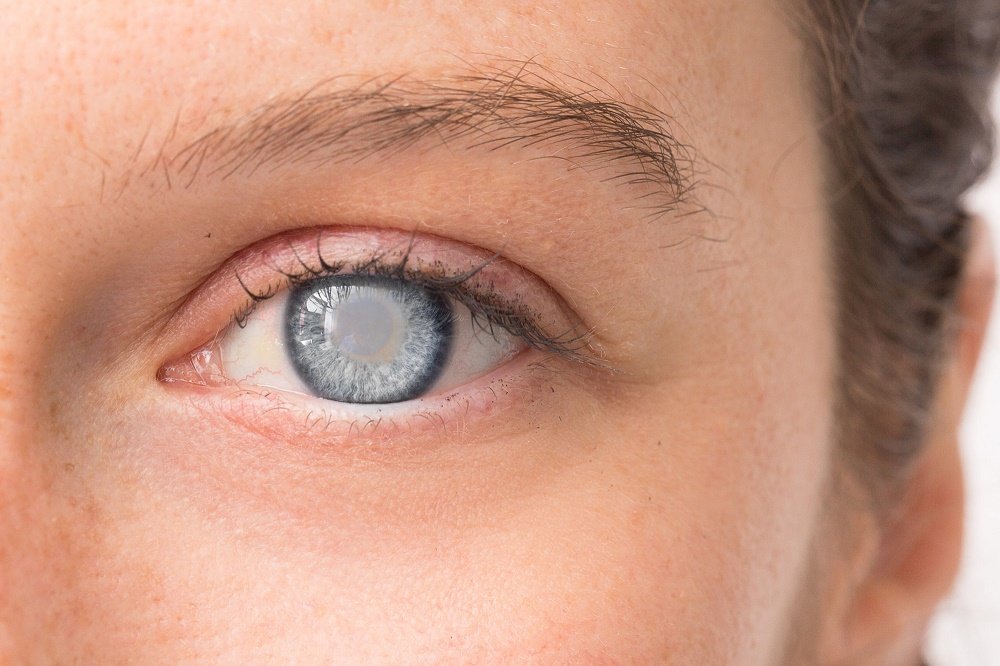Best Cataract Treatment in Kamptee
A cataract is the leading cause of blindness in India if ignores. every year, nearly 1.2 lakh people go for cataract surgery. Cataract surgery is a safe and effective procedure to treat cataracts. It is a daycare surgery and no need for admission to the hospital. Cataract surgery is usually performed under local anesthesia. Once cataracts form, the only way to eliminate them is through surgery. No existing medicine can eliminate existing cataracts, and no any type of eyewear exists that completely counteract their effects.







A cataract is a medical condition of eye in which the lens of your eyes becomes cloudy and opaque. This can gradually decline in vision, and eventually leading to blindness if left untreated.
There are some warning cataract symptoms bellow:
Blurred Vision:
One of the earliest and common signs is blurry vision. If you have difficulty in seeing or reading a book or newspaper at a distance, looking at objects up closely, or dealing with glare from bright lights. This may initially be confused for nearsightedness or farsightedness, but is more likely to be a symptom of cataracts as a initial symptoms of cataracts.
Double Vision:
Another symptom can include double vision when looking at the closest or nearest objects. This can be a sign that cataracts are affecting the way the light enters your eyes.
Cloudy Vision:
Some people may experience cloudy or foggy vision like windows in winter, which makes it difficult to do daily activities as well as outdoor sports or go to the movies. In fact, cloudy or foggy vision is one of the most common symptoms of cataracts.
Diminishing Night Vision:
As the cataract advances, you may find that your night vision dims significantly. Because now the lens become opaque, which affects how much light can enter your eyes. For instance, if you drive at night, you may experience difficulty seeing road signs or headlights from oncoming cars.
Glare Sensitivity:
Those with cataracts may be more sensitive to glare from oncoming headlights or bright light sources in general. Many people may find that their eyes become strained and uncomfortable when exposed to bright light sources. This might occur regardless of the time of day.
Poor Colour Perception:
In some cases, sometimes cataracts can make colors appear dull or faded. You have difficulty to distinguishing between certain shades of the same color
Frequent Prescription Changes:
If you’ve been using corrective lenses to manage your vision and suddenly find yourself needing to switch to a stronger prescription, it could be caused by cataracts. For example, if a person who usually wears glasses for reading now finds themselves needing them to do daily tasks, such as driving also.
There are various factors that increase the risk of developing cataracts. Some of these are listed below:
- Age:As you get older, your risk of developing cataracts increases significantly.
- Ultraviolet rays from the sun: Prolonged exposure to ultraviolet (UV) radiation is thought to increase the risk of cataracts.
- Diabetes:People with diabetes have a higher risk of developing cataracts.
- Smoking: Studies have shown that smokers are more likely to develop cataracts than non-smokers.
- Previous eye injury or surgery:Trauma to the eyes, such as from blunt trauma or surgery, can increase the risk of developing cataracts.
These risks are often difficult to control, so it’s important to be aware of the symptoms and signs of cataracts. Otherwise, it can be difficult to diagnose and treat the condition in its early stages.
If you suspect you may have cataracts, it’s important to take medical attention from an eye specialist. Depending on the severity of your condition, the doctor may recommend different forms of treatment to help manage the condition. A few common management strategies include:
- Wearing sunglasses or eyeglasses with special lenses that can block out UV rays and reduce glare.
- Undergoing surgery to remove the cataract and replace it with an artificial lens.
- Taking vitamins and supplements as recommended to help improve vision.
- Using eye drops or ointments to reduce inflammation, pain, and irritation.
- Consuming a healthy diet full of fruits and vegetables that contain antioxidants which can help protect the eyes from damage.
- Practicing good hygiene such as washing hands regularly, avoiding touching the eyes, and wearing protective eyewear when needed.
- Regularly seeing an ophthalmologist for check-ups and to keep track of any changes in vision.
- Avoiding activities that put extra stress on the eyes such as watching TV for long periods of time, working on a computer for extended hours, or reading small print.

